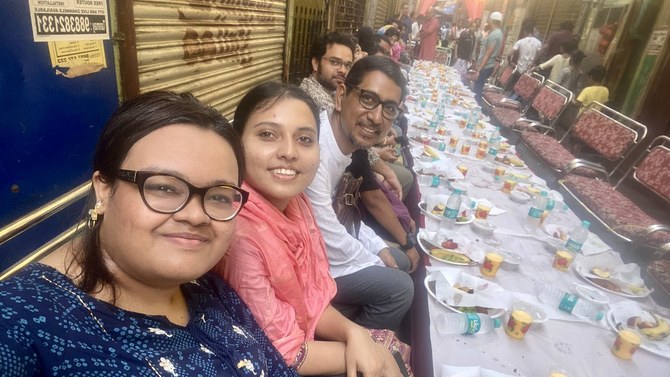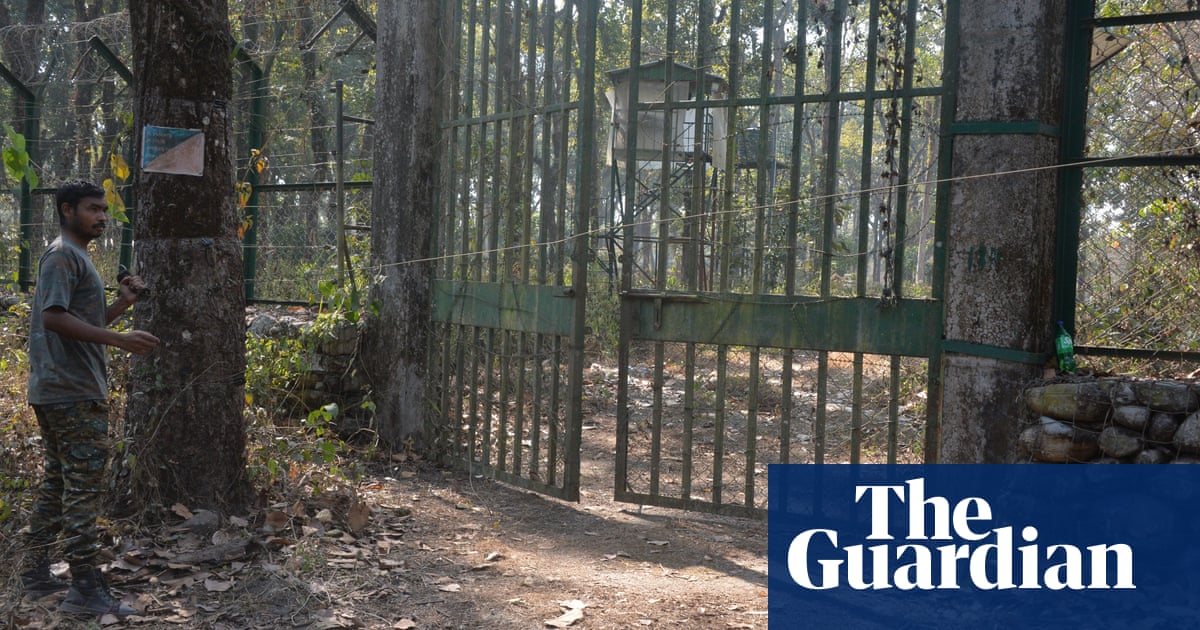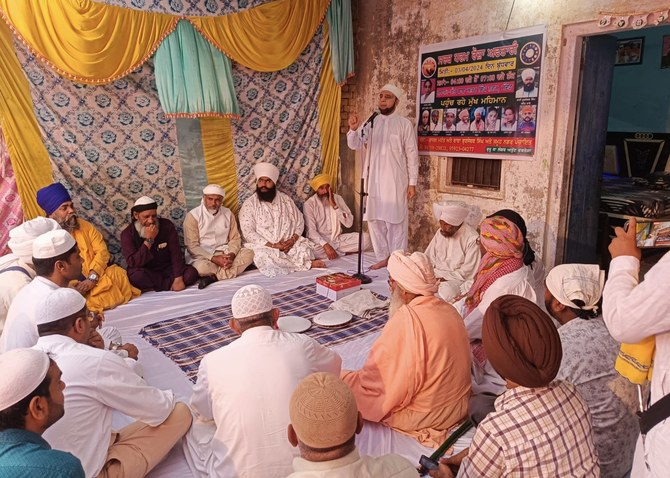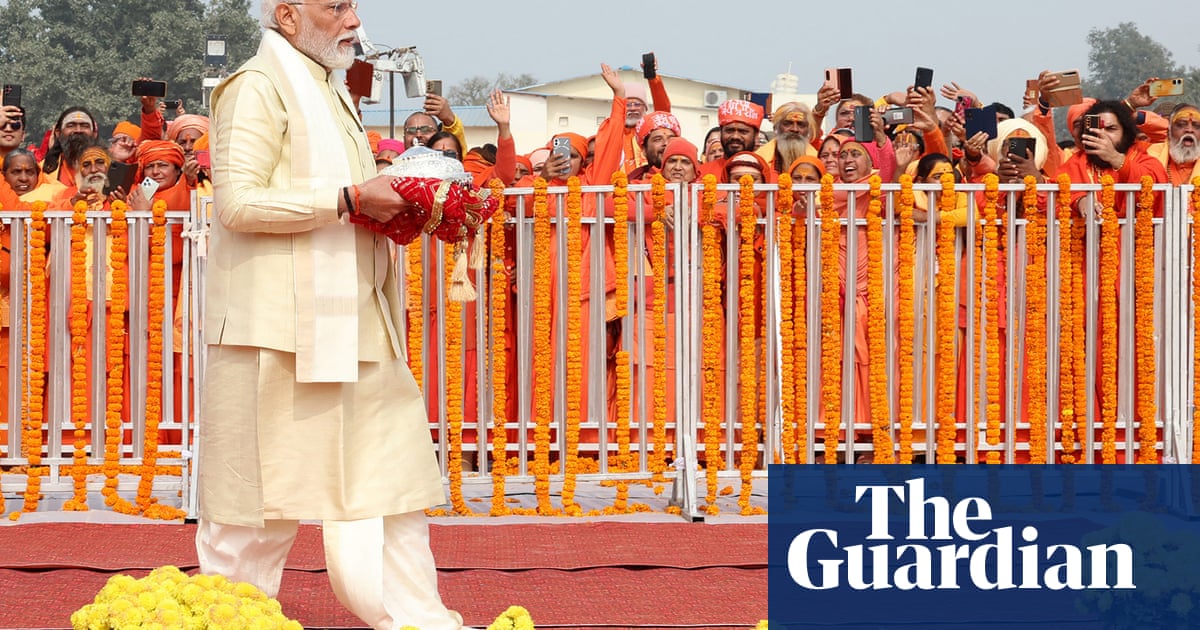
Know Your Neighbor initiative for Muslims and Hindus started in Kolkata in 2017
Muslims make up nearly a third of West Bengal’s 100 million population
New Delhi: During Ramadan, a special iftar initiative in West Bengal brings Muslims and Hindus together to restore social cohesion and build mutual trust, where it has been eroded by communal polarization along religious lines.
Muslims make up nearly a third of the state’s 100 million population and have been present in the region since the 13th century, making significant contributions to Bengali socio-linguistic identity, literature and culture.
The Bengal Sultanate played a dominant role in large parts of the eastern subcontinent between the 14th and 16th centuries, and under Mughal rule until the early 1800s the region became globally recognized for its textile and shipbuilding industries.
For the past decade, however, the importance of history and Muslim heritage in the state and across India has been undermined, accompanied by tensions and riots ignited by majoritarian policies of the Hindu right-wing Bharatiya Janata Party, which rose to power in 2014.
In 2017, incidents of communal violence between Hindus and the Muslim minority started to emerge also in West Bengal.
That was when a group of Muslims and Hindus started the Know Your Neighbor initiative to promote social cohesion in Bengal.
Mohammad Reyaz, assistant professor at Aliah University in Kolkata and co-convener of KYN, told Arab News that growing religious polarization and prejudices against Muslims were the main reason they got together to address it.
“In the context of the rising communal polarization this initiative was important,” he told Arab News.
“I felt, as a citizen, that I should do something to bring understanding between Hindus and Muslims. I joined as a volunteer.”
KYN members have been curating meetings, discussions and heritage walks helping Hindus and Muslims meet each other. During the month of Ramadan, regular interfaith iftars take the center stage of their program.
“‘Dosti ki iftari’ is a gesture and initiative where Ramadan becomes a platform where all come together to assert their togetherness,” Reyaz said. “Ramadan becomes an occasion to assert the pluralistic traditions of India.”
The meaning of the word “dosti” is “is all about trust and kinship,” said Espita Halder, a literature professor at Kolkata’s Jadavpur University who has been a KYN volunteer since its establishment.
“I think that is what we need now; to create kinship with our neighbors. Without this feeling of kinship the idea of India will fall apart,” she told Arab News.
“During ‘dosti ki iftari,’ people from different sections of the society come and spend some time together ... it’s a fightback from below against the divisive politics.”
The KYN iftars are usually gatherings of some 100 people, most of whom are non-Muslims.
“They are coming from different colleges and institutes, so that they carry the message and spread the message of love, peaceful coexistence, interactive multiculturalism,” said Sabir Ahamed, researcher and fellow at the Pratichi Institute, who is also a main organizer of KYN.
“We invite our guests, break fast together, and give the message that to reduce disparity, to reduce intolerance, we need to interact more. That is the main purpose of this.”
It is also a platform to tackle the fear of the other.
“In life, nothing needs to be feared. It needs to be understood. Islamophobia and all that is growing because people are made to fear the other religion, fear the other community. Once they get exposure this fear goes away,” said Madhuri Katti, educator and writer.
“We get good people coming and sharing their stories ... Emotional connection between communities is very important. Otherwise, empathy does not come.”












